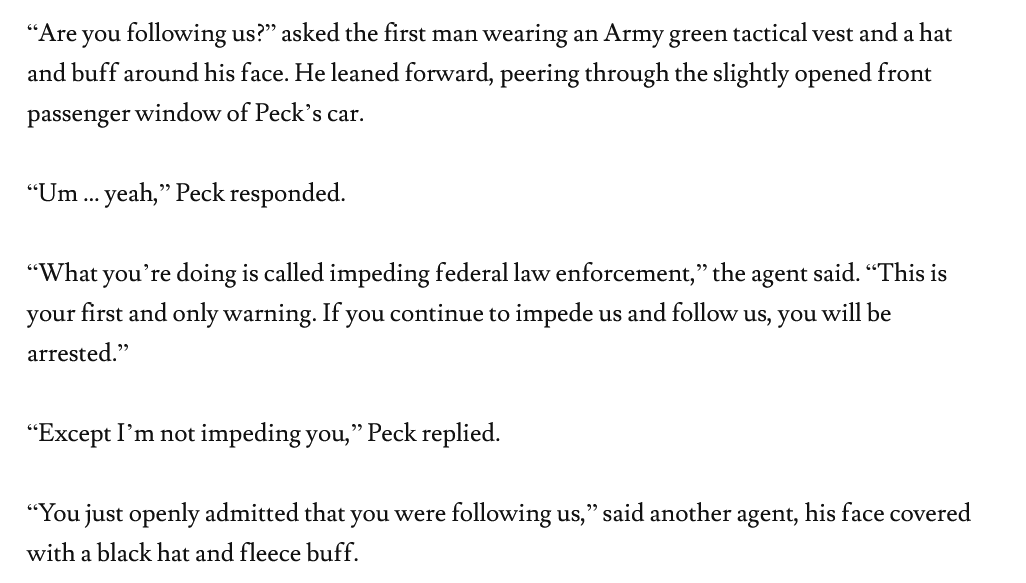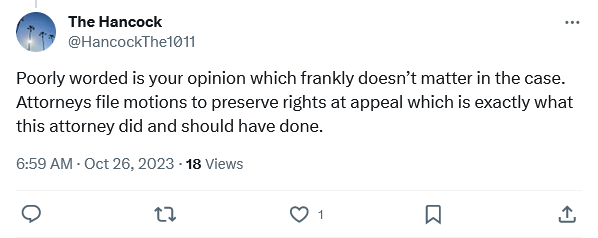If your criticism about a potential Supreme Court nominee is her religion, can I kindly suggest that you look in the mirror and think about when you decided that religious discrimination is okay.
To all the folks in my mentions telling me that it’s just one *type* of Catholicism that you think makes someone unfit for office/likely to impose her religious views on others—-that’s still religious discrimination.
The replies to this are making my stomach churn. But I’ll give it one last shot for those who are insisting that Coney Barrett’s kingdom of god quote means she will force her religion on others.
Have you heard religious people talk about their faith before?
Have you heard religious people talk about their faith before?
I mean, Obama said “I can sit in church and pray all I want, but I won't be fulfilling God's will unless I go out and do the Lord's work." Does anyone think he was trying to establish a theocracy or impose his religion on others? npr.org/templates/stor…
Of course people don’t think that about Obama.
So why does a similar statement make them think it about Coney Barrett?
My concern is that some people believe it because she is a Catholic. And that’s incredibly troubling.
So why does a similar statement make them think it about Coney Barrett?
My concern is that some people believe it because she is a Catholic. And that’s incredibly troubling.
• • •
Missing some Tweet in this thread? You can try to
force a refresh

















